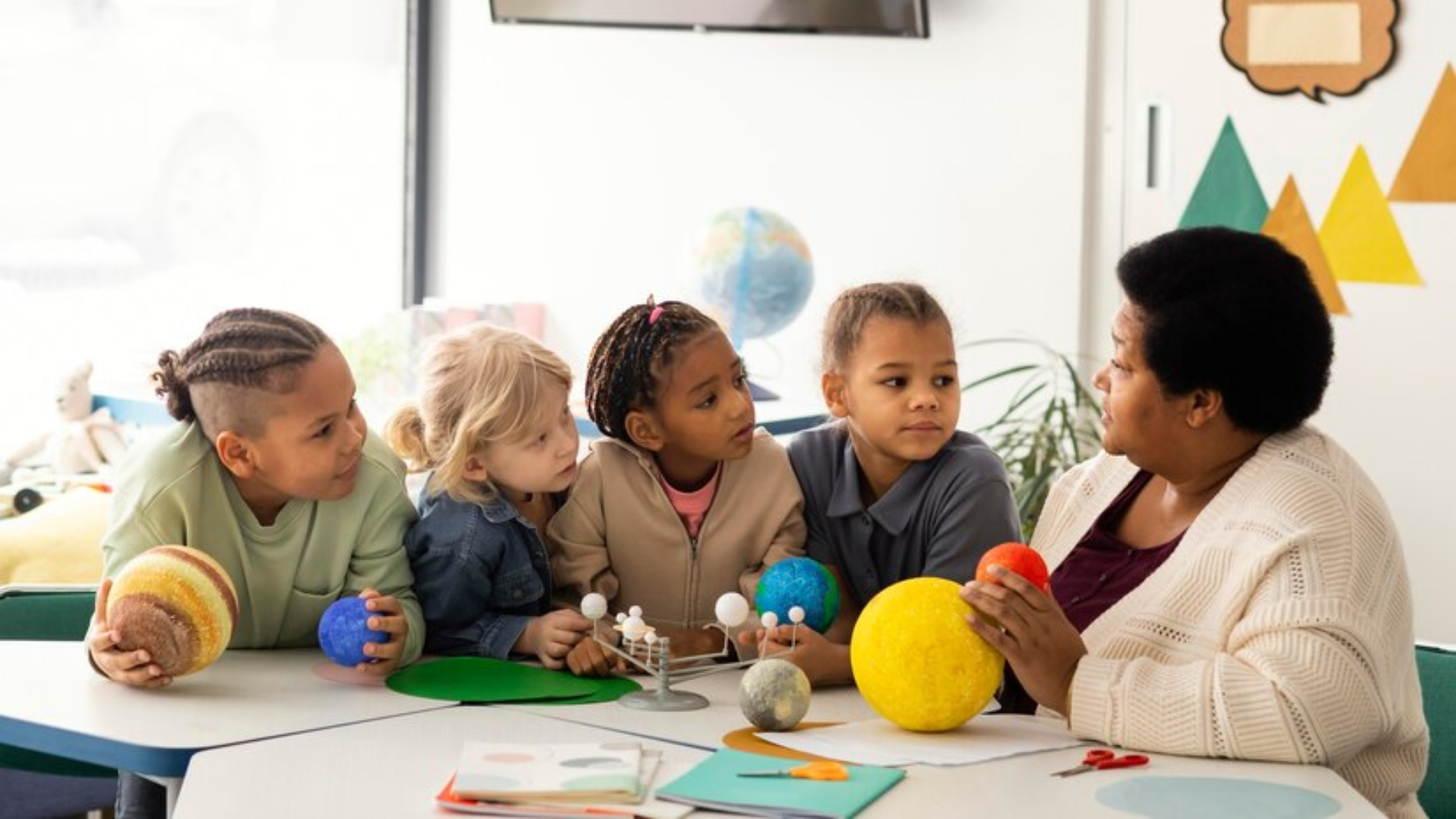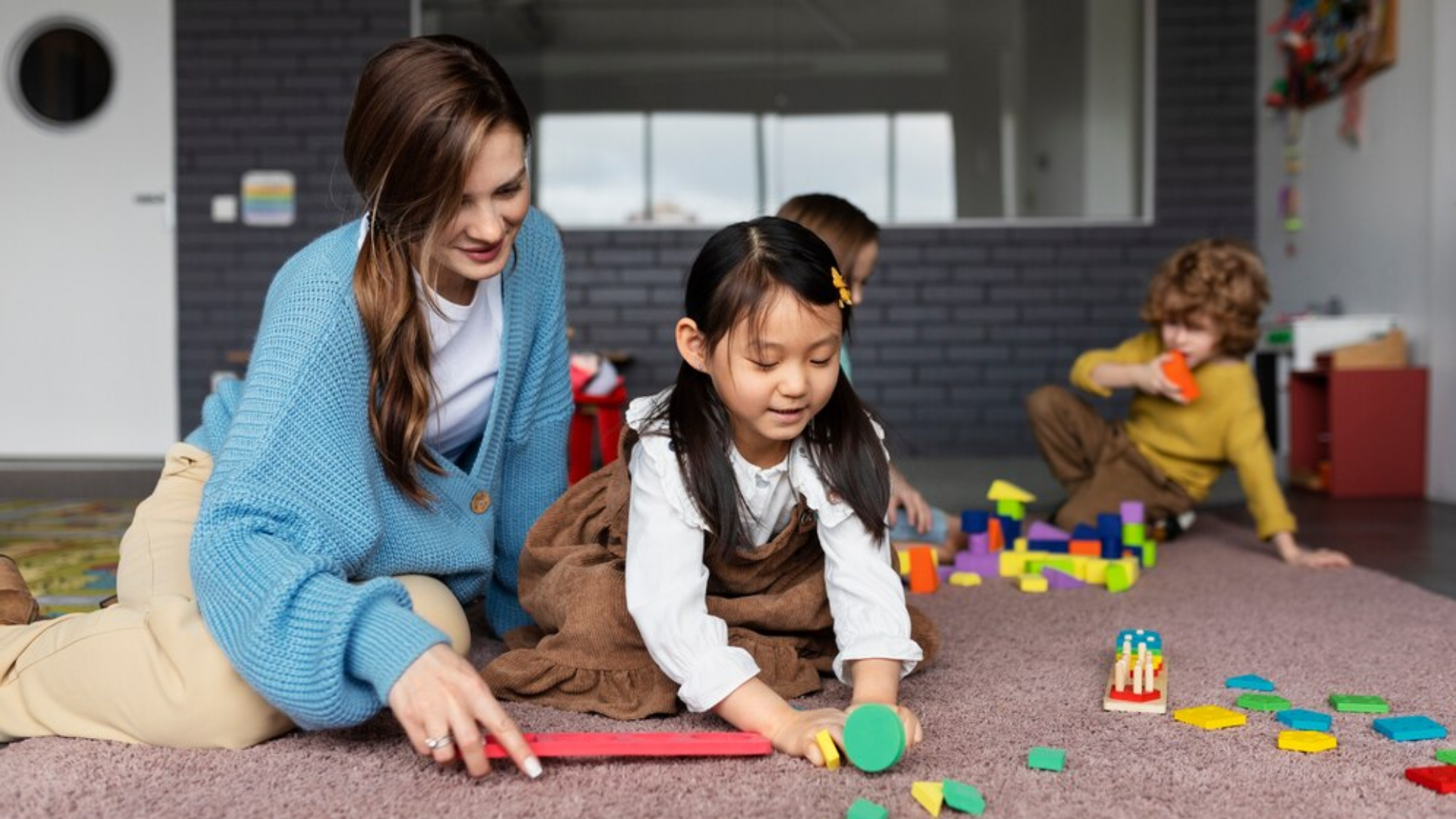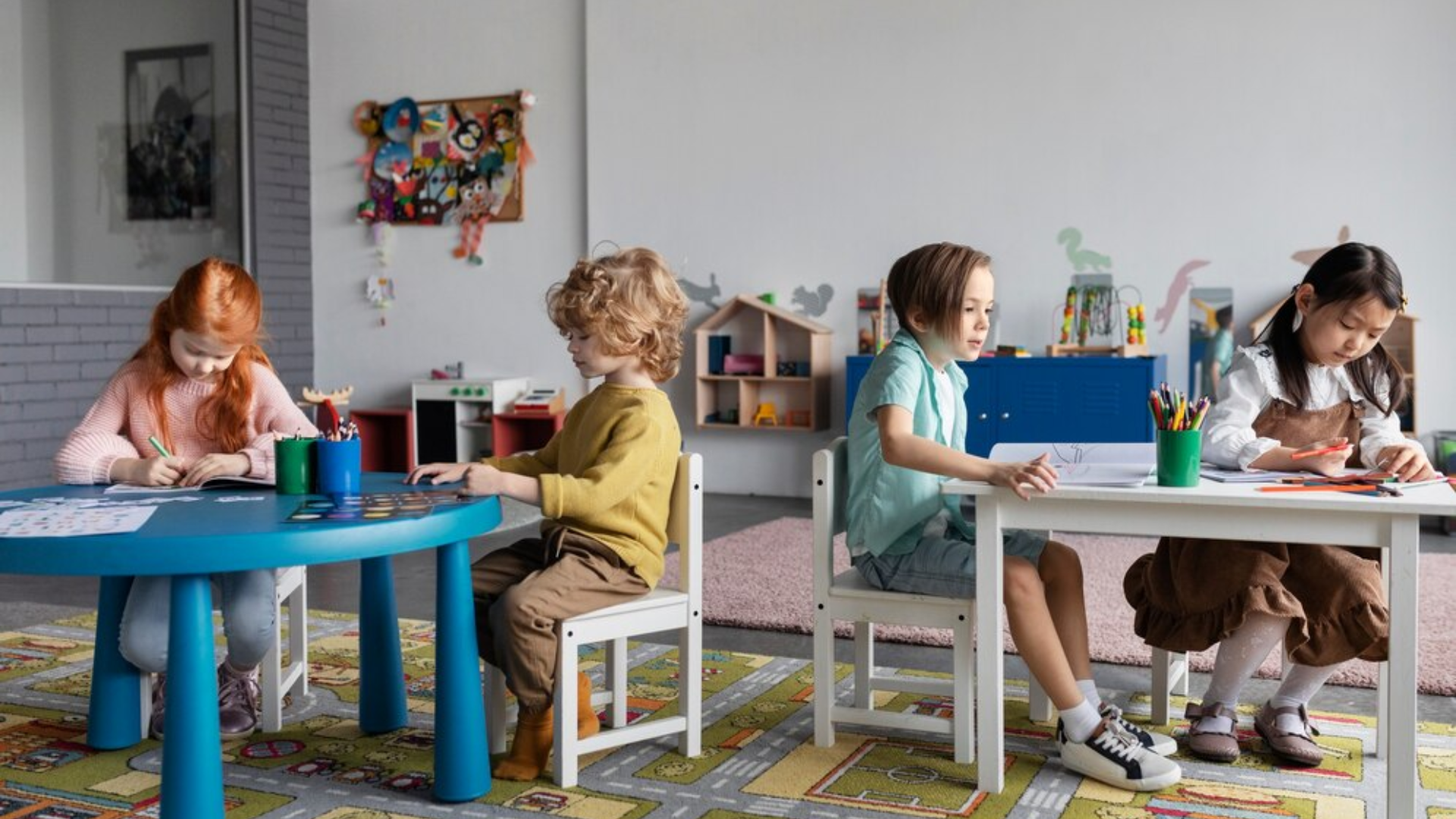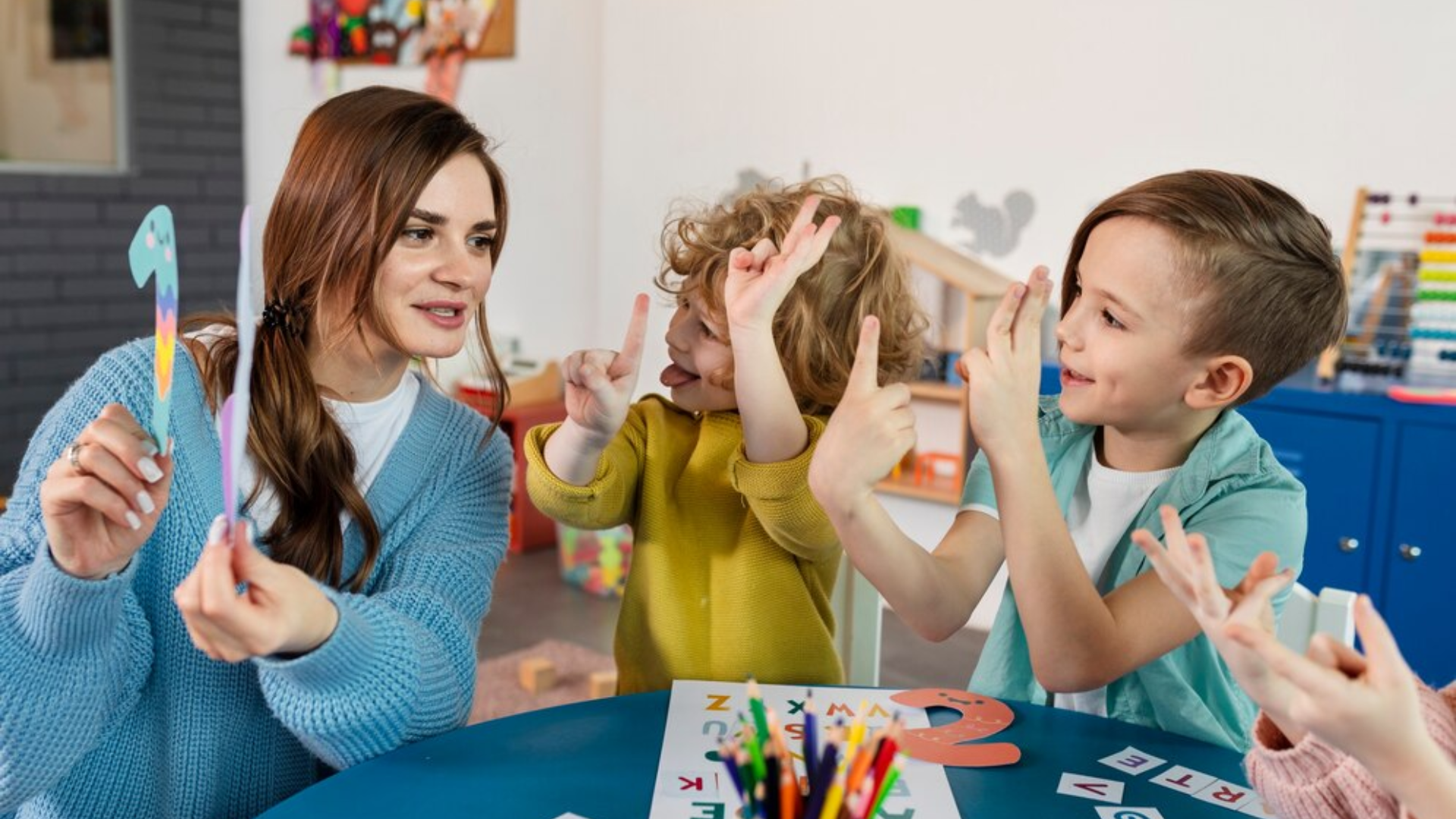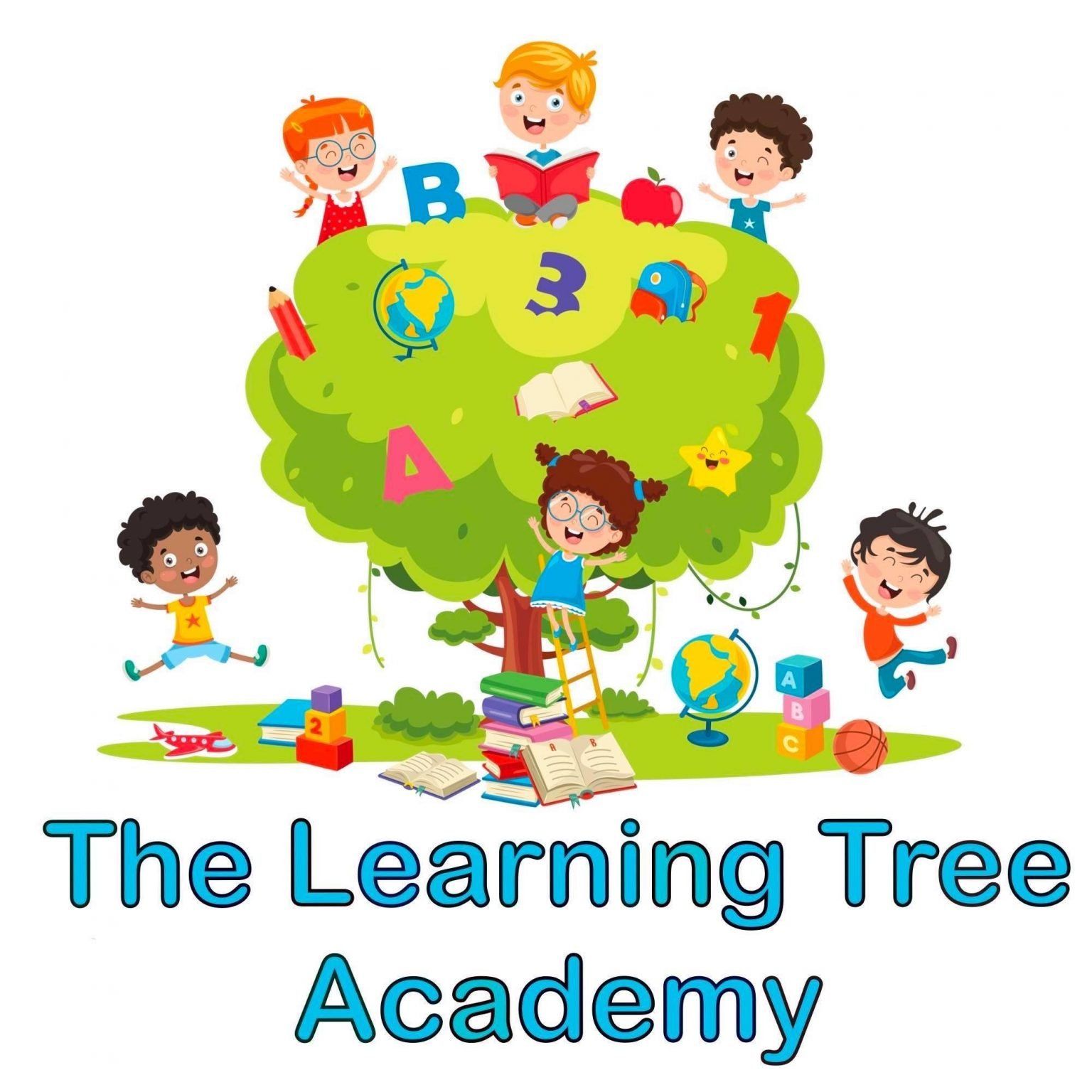Why a Nurturing Preschool Environment is Key to Early Development

Preschool is much more than a stepping stone toward kindergarten; it’s a critical period of growth that shapes a child’s emotional, social, and cognitive development. The experiences children have during their preschool years have a lasting impact, influencing their academic success, social interactions, and even their mental well-being throughout their lives. At The Learning Tree of Palm Bay, we believe in the power of a nurturing, supportive environment that encourages children to explore, learn, and grow. In this blog post, we’ll explore why a nurturing preschool environment is so vital to a child’s early development and how it helps set the stage for lifelong learning and success.
1. Emotional Security and Confidence
The preschool years are often the first time a child will experience spending extended periods away from home, which can be a big adjustment. In a nurturing preschool environment, children feel emotionally secure and supported as they transition to a new setting. This emotional security is foundational for their development, as children need to feel safe in order to explore, take risks, and learn.
A positive, nurturing atmosphere helps children build the confidence to try new things, make mistakes, and learn from them. Teachers who offer warmth, encouragement, and understanding create an environment where children feel accepted and valued. When children feel secure, they are more willing to interact with their peers, engage in learning activities, and explore their environment.
At The Learning Tree, we emphasize building strong, trusting relationships between teachers and students. Our educators take the time to understand each child’s unique needs, offering personalized support and fostering an atmosphere where children can develop self-confidence. This emotional foundation is essential not only for preschool success but also for the child’s future social and emotional well-being.
2. Fosters Positive Social Interactions
Preschool is a child's first introduction to a larger social world, and the way they interact with peers during these formative years plays a critical role in shaping their social development. A nurturing preschool environment teaches children essential social skills such as sharing, cooperation, empathy, and conflict resolution.
In a nurturing environment, children are encouraged to work together, solve problems as a group, and express themselves respectfully. Teachers guide children in how to engage with others, understand different perspectives, and manage their emotions in social settings. These interactions are essential for building friendships and developing positive social behavior.
At The Learning Tree, we provide opportunities for children to engage in cooperative play and group activities, which promote teamwork and communication skills. We believe that through guided interaction, children learn how to navigate social situations, practice empathy, and build lasting relationships with their peers. These early social experiences create a foundation for future positive interactions, both in and out of school, and contribute to emotional intelligence.
3. Encourages Cognitive Development Through Play
In a nurturing preschool environment, play is not only an enjoyable activity; it’s a vital tool for cognitive development. Play encourages children to think critically, solve problems, and explore new ideas. By providing a wide range of stimulating activities—such as puzzles, building blocks, and pretend play—children develop cognitive skills such as memory, reasoning, and attention span.
Preschool-aged children are naturally curious, and play offers them an opportunity to explore the world around them. In a nurturing environment, children are given the freedom to experiment, make discoveries, and ask questions. Whether they are building a tower with blocks or experimenting with water and sand, children learn valuable concepts about math, science, and cause-and-effect relationships through play.
At The Learning Tree, we understand that play is an essential part of learning. Our curriculum includes a mix of guided play and structured activities designed to promote cognitive development. By fostering a love for exploration and discovery, we help children build the skills they need to excel academically in the future. Through these playful learning experiences, children develop problem-solving abilities, creativity, and a love of learning that will stay with them throughout their academic journey.
4. Encourages Language Development and Communication Skills
Early childhood education provides a critical period for developing language and communication skills. In a nurturing preschool environment, children are encouraged to engage in conversations, express themselves, and listen to others. The more children are exposed to language, whether it’s through reading books, singing songs, or interacting with their peers the more their language skills grow.
A nurturing preschool environment offers opportunities for children to engage in rich conversations with their teachers and classmates. Whether it’s discussing a story during circle time or sharing their thoughts about a project, children practice vocabulary, sentence structure, and listening skills. These early experiences help children develop not only their verbal skills but also their ability to understand and interpret the language of others.
At The Learning Tree, we integrate language development into every aspect of the day. Our educators encourage storytelling, listening activities, and interactive lessons that promote communication skills. We also provide a print-rich environment with books, labels, and word games that help expand vocabulary and comprehension. These early language experiences provide children with a solid foundation for reading and writing skills that will be critical for success in kindergarten and beyond.
5. Promotes Self-Regulation and Independence
One of the key skills preschoolers learn is self-regulation—the ability to control their emotions, behaviors, and actions in different situations. A nurturing preschool environment provides the structure and guidance children need to develop these important life skills. Children are taught how to manage their emotions, take turns, follow rules, and resolve conflicts in appropriate ways.
In addition to emotional regulation, preschool also encourages children to take responsibility for their actions and make decisions independently. This process helps them develop a sense of autonomy, which is essential for later success in school and life. When children are empowered to make choices, they develop confidence in their ability to navigate challenges and achieve their goals.
At The Learning Tree, we incorporate routines and practices that help children build self-regulation skills. Our teachers model appropriate behaviors, provide consistent expectations, and offer positive reinforcement. We encourage children to set their own goals, celebrate their achievements, and learn from setbacks. These experiences not only help children build self-regulation but also foster independence and resilience.
6. Builds a Positive Relationship with Learning
One of the most powerful aspects of a nurturing preschool environment is the way it shapes a child’s relationship with learning. Preschool is often a child’s first formal introduction to education, and it’s essential that this experience is positive and engaging. A nurturing environment encourages curiosity, creativity, and a love for learning, setting the stage for future academic success.
In a supportive preschool environment, children are introduced to learning concepts in a way that is fun and meaningful. Whether it’s through hands-on activities, imaginative play, or exploration, children learn that learning can be enjoyable and exciting. This early experience helps foster a positive attitude toward school and learning that stays with children throughout their academic careers.
At The Learning Tree, we make learning a fun and interactive experience. We emphasize exploration, creativity, and critical thinking, ensuring that children develop a positive and enthusiastic relationship with learning. By fostering a sense of wonder and excitement about the world, we help children develop a lifelong love for learning.
A nurturing preschool environment plays a crucial role in early development, reinforcing the foundational skills discussed in
5 Ways Early Childhood Education Shapes a Child’s Future by fostering cognitive growth, emotional intelligence, and social skills that set children up for lifelong success. At The Learning Tree of Palm Bay, our approach aligns with the principles outlined in
What Makes Our Curriculum Stand Out: A Closer Look at Our Teaching Philosophy by creating a structured, engaging, and supportive learning environment where children feel safe, valued, and motivated to explore the world around them. By integrating play-based learning, personalized instruction, and social-emotional development, we ensure that every child not only meets academic milestones but also gains the confidence and curiosity necessary for future learning experiences.
Conclusion: The Importance of a Nurturing Preschool Environment
A nurturing preschool environment is key to fostering a child’s early development, providing them with the emotional, social, and cognitive skills they need to succeed in school and beyond. By offering a safe, supportive, and stimulating space for learning, we help children develop confidence, independence, communication skills, and a love of learning. At The Learning Tree of Palm Bay, we are committed to creating an environment where every child can thrive, explore, and grow.
Investing in a nurturing preschool experience is one of the best ways to ensure that children have the foundation they need for success in life. When children feel safe, valued, and encouraged, they are more likely to develop the skills they need to face the world with confidence and resilience. A nurturing preschool environment not only supports academic growth but also promotes emotional well-being and sets the stage for lifelong learning.
